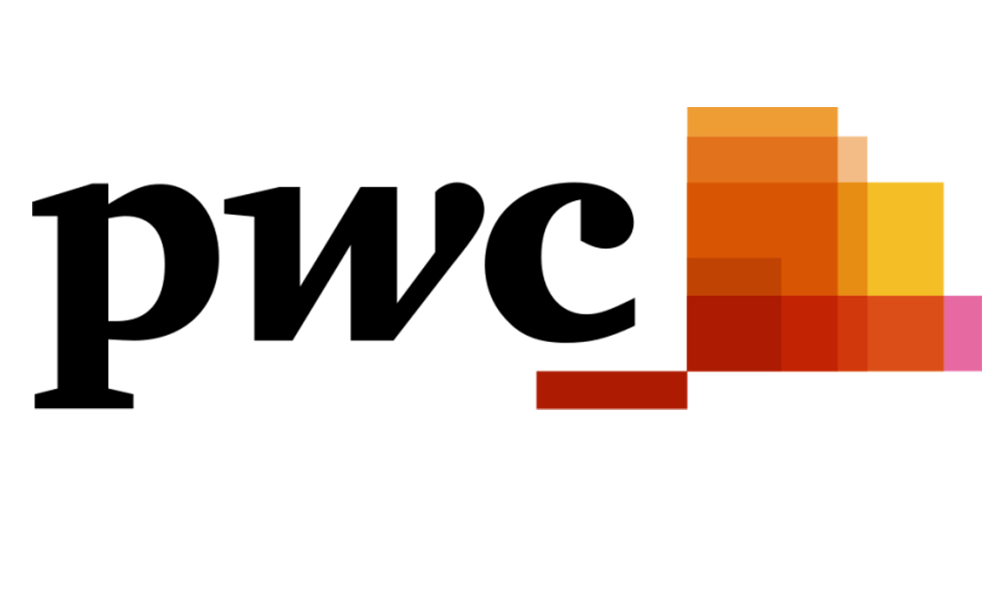Investors’ growth confidence rebounds, but warnings remain on losing touch with customers

Investors’ optimism on the global economic growth outlook has more than doubled in twelve months.
Analysis by PwC from interviews and data from over 550 global investment professionals and over 1300 CEOs, 45% of investors and analysts said they were very confident (2016: 22%) about global economic growth.
Increased confidence in global economic growth prospects has fed through into expectations for company-specific growth prospects over the next 12 months.
From a regional perspective, investment professionals see the USA as most important for the growth prospects of the companies they invest in or follow over the next 12 months. China comes second, with Germany and the UK tied in third place.
The Brexit vote and the uncertainty surrounding the UK’s future relationship with the EU appear not to be deterring investors. The UK is now seen as a more important country for growth by investment professionals, moving up from fourth place last year to tie in third place (with Germany) this year.
Investors and analysts rank New York the most important city for growth of the companies they invest in (44%), with London second (33%) and Beijing third (18%).
Uncertainty remains, however, and investment professionals perceive geopolitical uncertainty as the top threat to company growth prospects. Protectionism, the future of the Eurozone and social instability also rank highly. In addition, almost one in five (19%) think technology will completely reshape competition within five years.
In interviews with investors, several warned again that they still have concerns that CEOs are losing touch with customers, emphasizing the importance of companies delivering what customers want and trying to build customer satisfaction and trust. However CEOs ranked strengthening the customer experience amongst their top priorities to capitalise on new opportunities– fourth behind innovation, technology, and HR.
Richard Sexton, vice chairman, PwC comments:
“Investment professionals around the world are remarkably upbeat about global economic growth prospects, despite recognising the shifting political landscape in which companies operate. They certainly don’t expect the globalization process to stop or be reversed. Like CEOs, investors think it is becoming harder for business leaders to balance competing in an open global marketplace with trends toward closed national policies.
“Investors and analysts want companies to understand the markets they enter, act in socially responsible ways and support local economies.”
The research identified a number of areas in which companies could improve their current communications with investment professionals and other stakeholders, including their approaches to supporting innovation, the need for a strong corporate purpose and values, and steps being taken to prevent cyber-attacks and data breaches. Companies also need to give clearer explanations of how they see global economic prospects, and how these affect their own growth prospects.
Reflecting the ongoing tension between companies focusing on short vs long term strategies and ROI, investment professionals (70%) were less concerned than CEOs (85%) about companies running their business in a way that responds to wider stakeholder expectations.
Richard Sexton, vice chairman, PwC comments:
“There is evidence of an expectation gap, with investment professionals wanting companies to focus simply on running the business, regardless of the fact that CEOs feel pressured to follow a stakeholder-inclusive approach. The emphasis CEOs place on corporate purpose is also striking. Both point to CEOs need to explain their thinking more clearly so that investment professionals’ views become more closely aligned with theirs.”
Despite the high profile debate about trust in business, almost a third of investment professionals (32%) do not agree that it’s harder for companies to gain and keep trust in the digital age. However, investors put cyber security, data privacy breaches, and IT outages and disruptions at the top of their list of concerns about digital issues which could negatively impact stakeholder trust.







